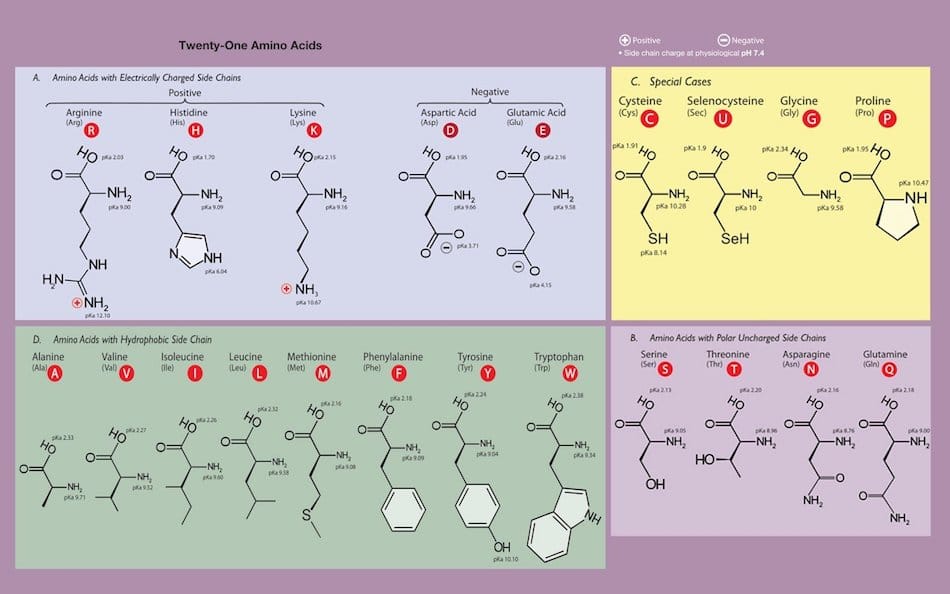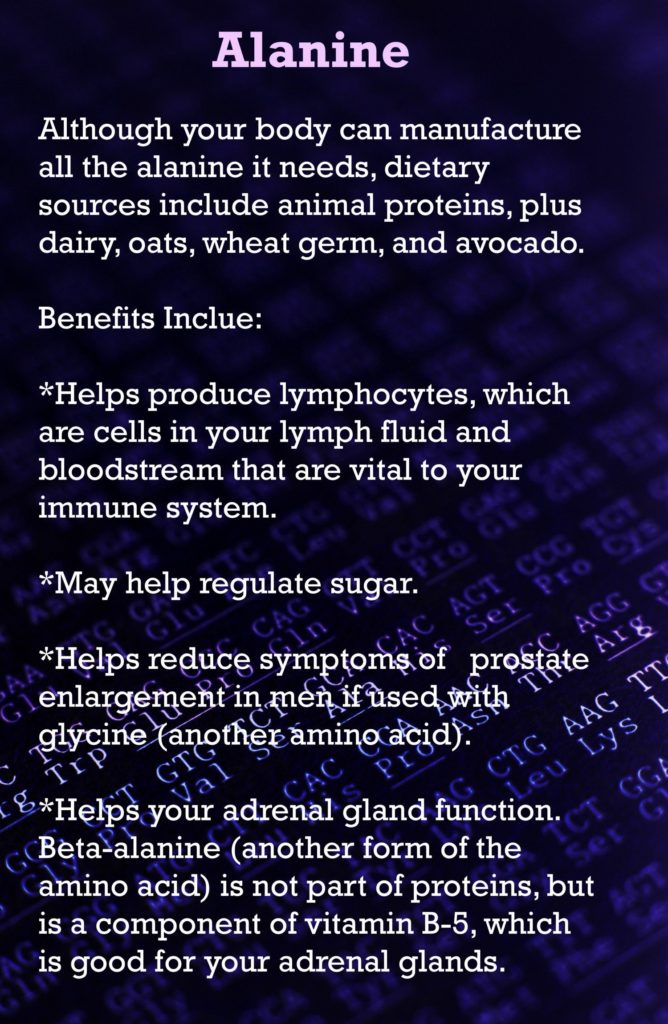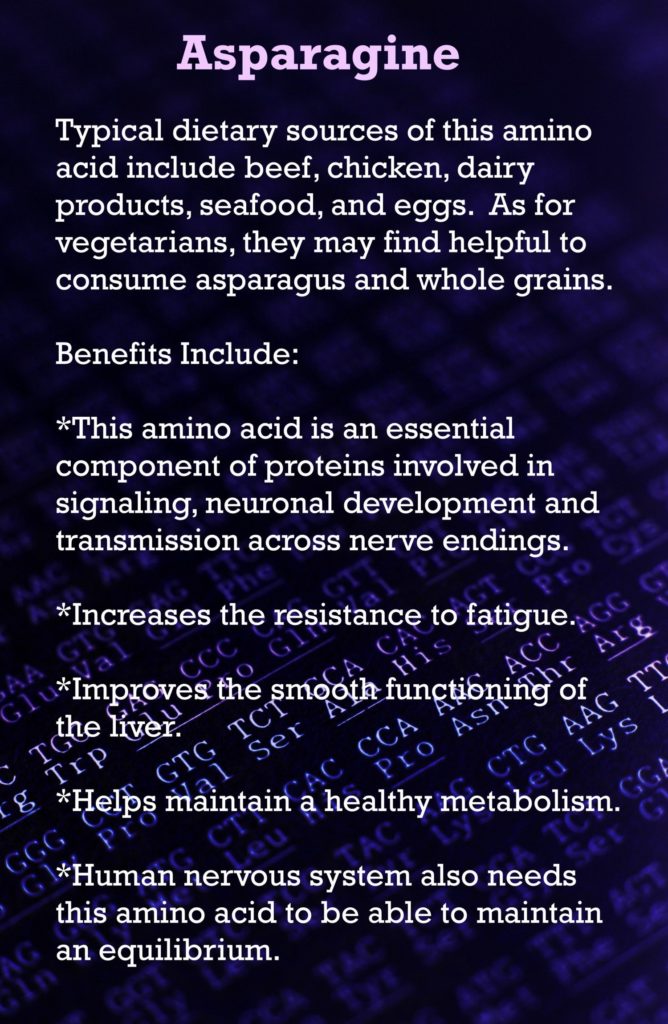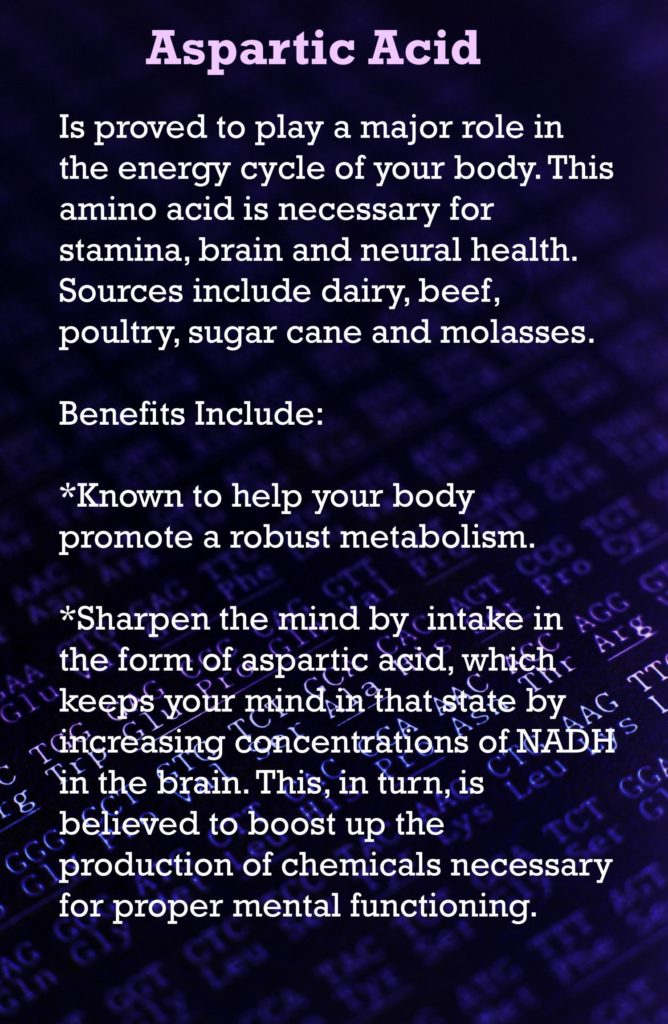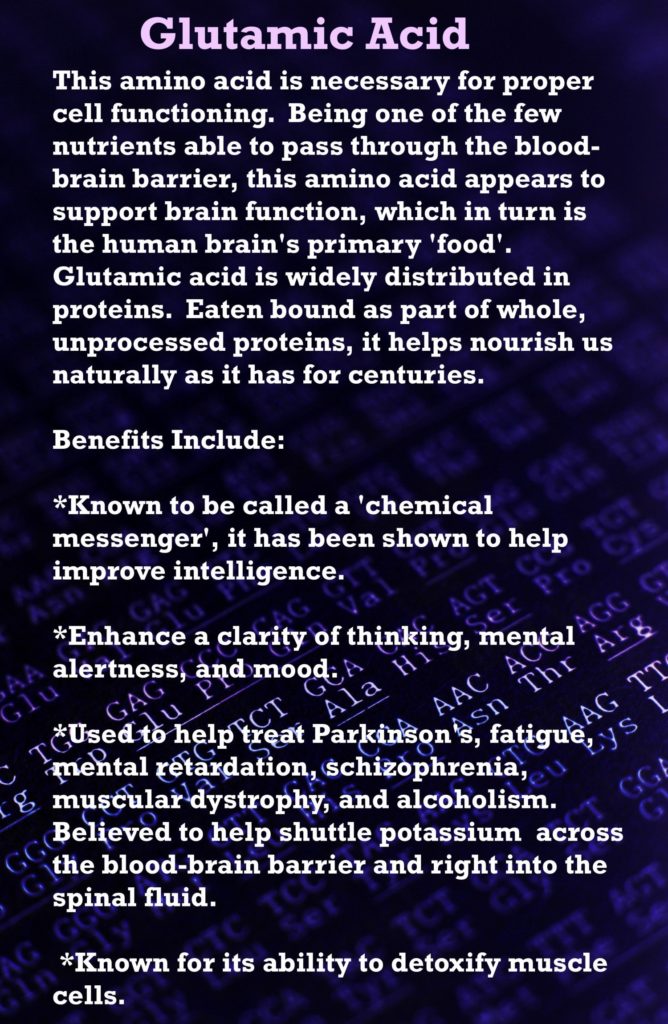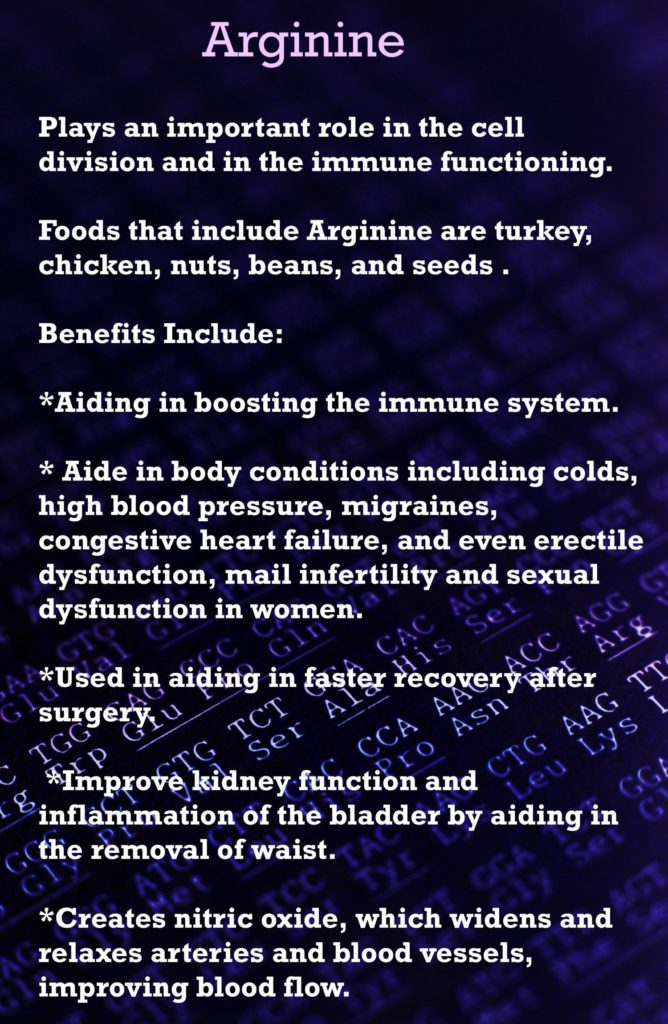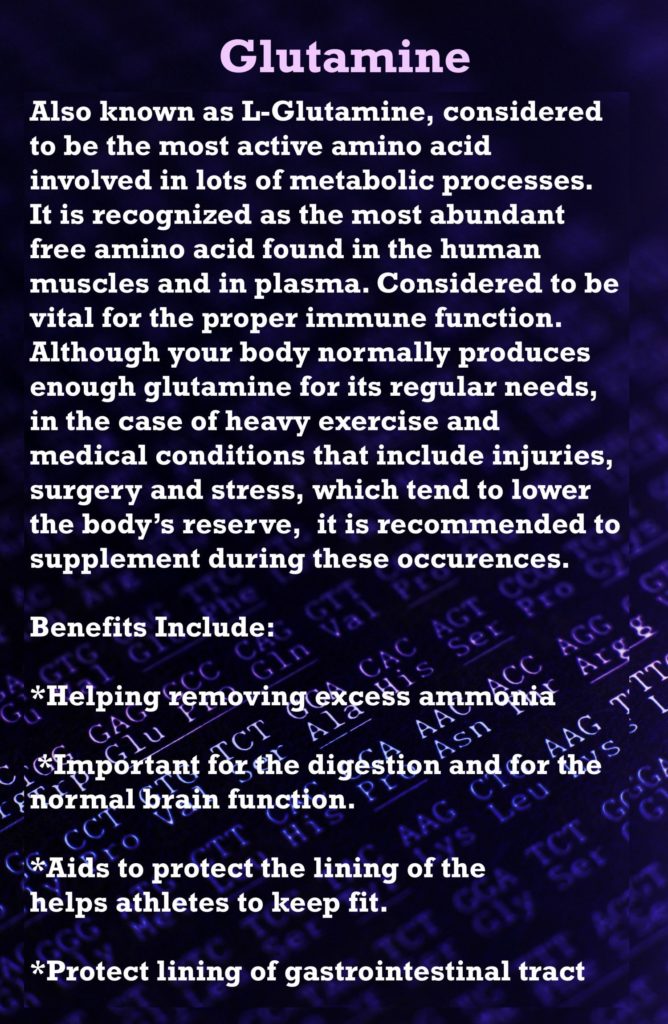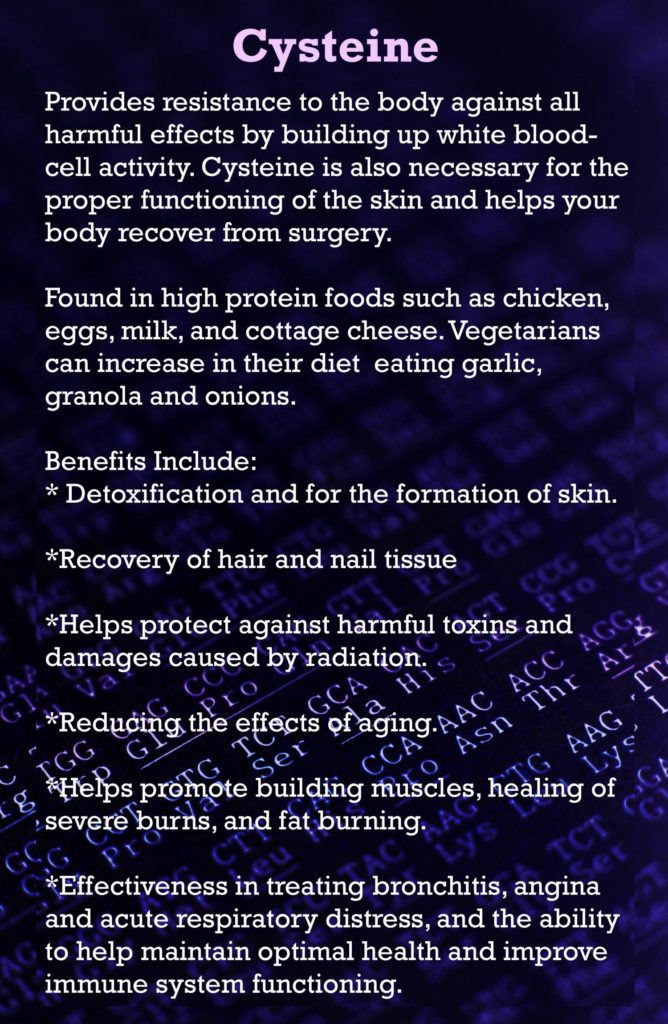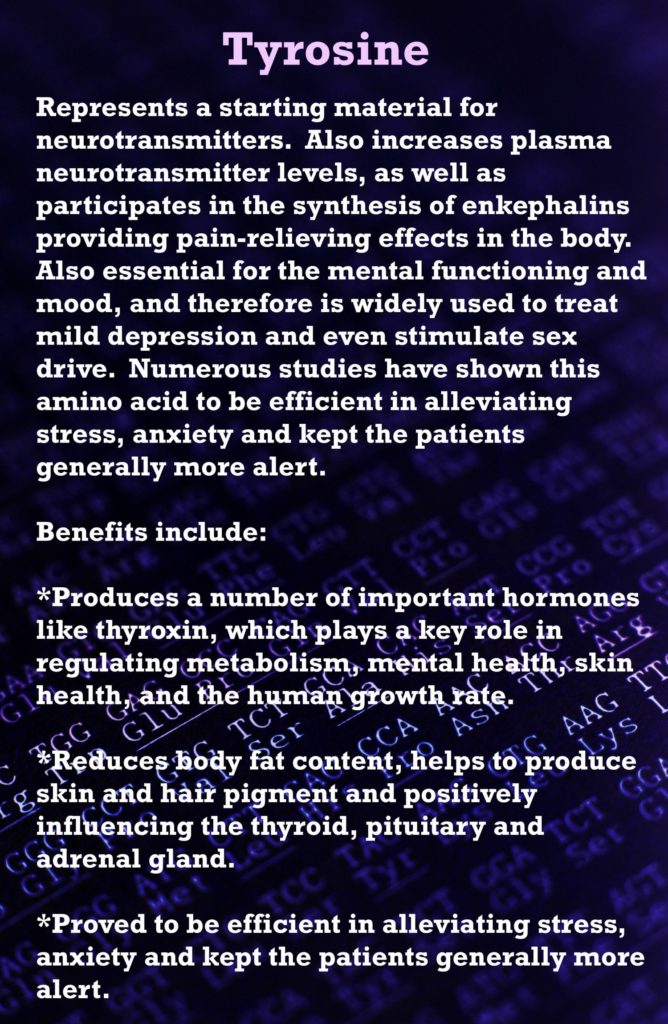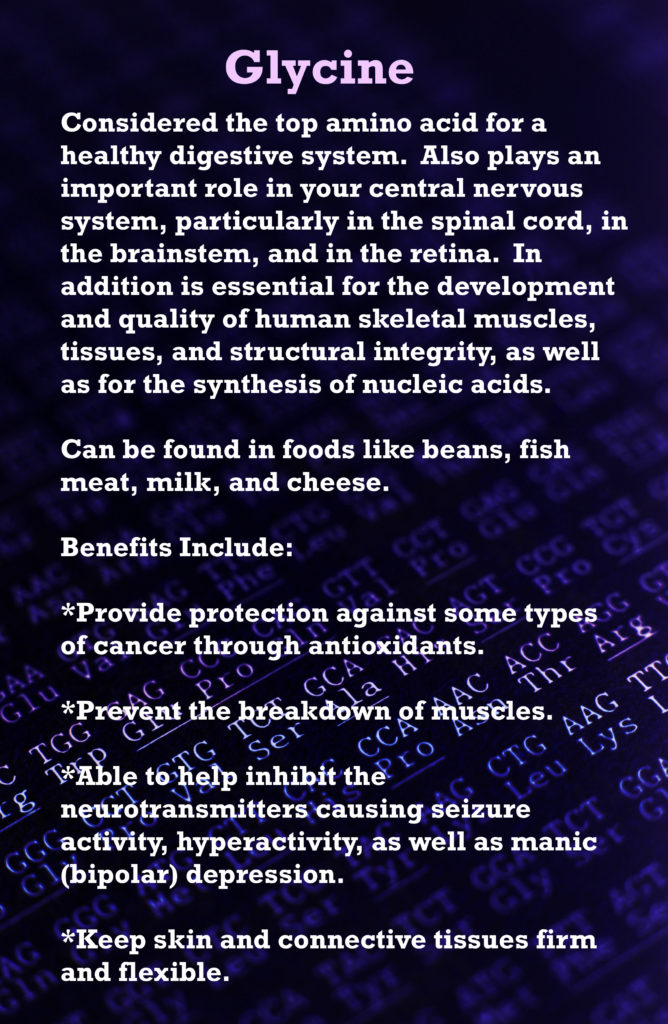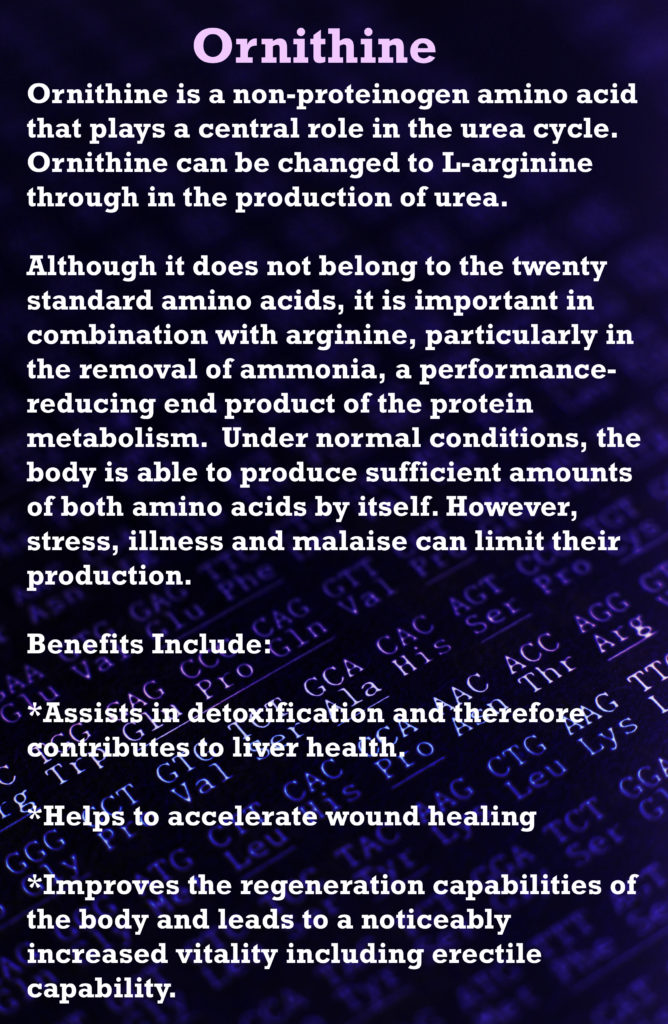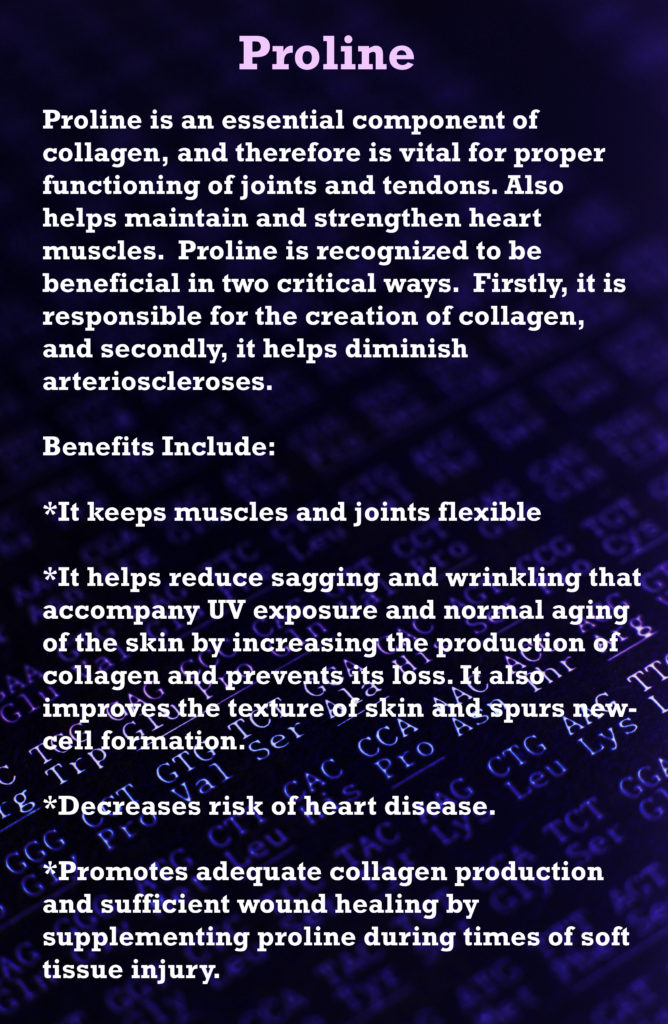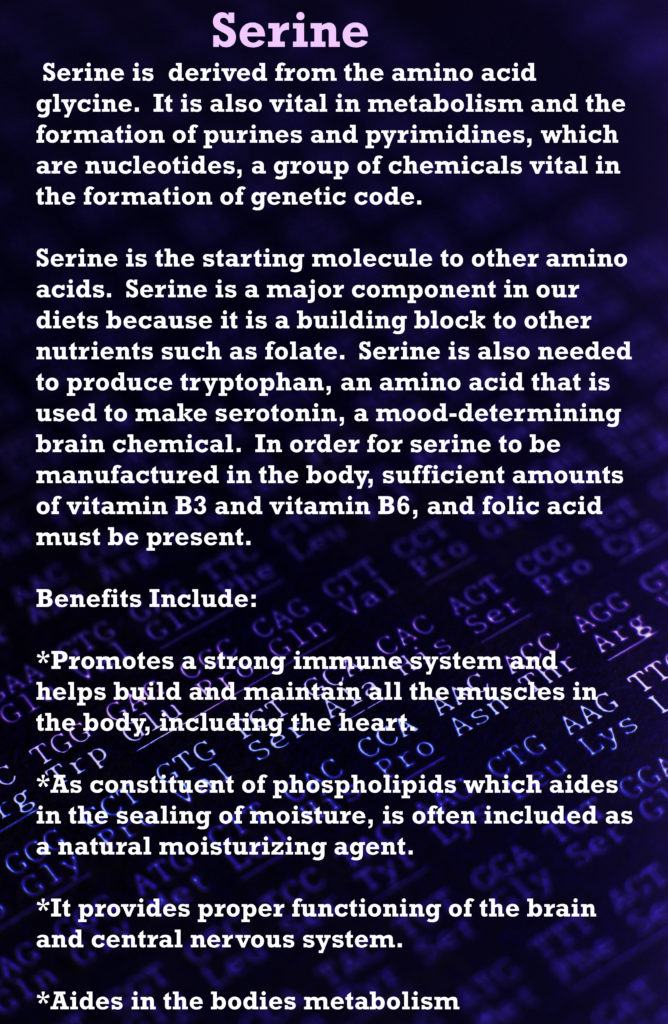Proteins are Essential Nutrients for the Body
They are Building Blocks and Fuel for the Body
Protein is essential for building, maintaining, and replacing the tissues that make up your body, which include not only your muscles and organs but also the critical components of your immune system. This nutrient plays a pivotal role in our overall health by enabling the production of a diverse array of specialized protein molecules, each tasked with unique and vital functions. For instance, hemoglobin, a protein produced by your body, is crucial for transporting oxygen throughout your bloodstream, reaching every cell and tissue. Furthermore, proteins are indispensable in forming cardiac muscle, a key element in sustaining a healthy heart and promoting cardiovascular wellness. Beyond serving as a fundamental building block, protein is responsible for a myriad of essential functions within our bodies, such as facilitating movement, ensuring effective oxygen delivery, and providing a robust defense against disease. This multifaceted nutrient underscores its significance in our pursuit of optimal health and overall well-being.
Recognizing the importance of protein in your diet can significantly enhance your well-being; this incredible nutrient not only energizes your muscles and organ tissues but also strengthens your body’s defenses, helping you stay strong in the face of challenges. Each meal you enjoy can be a step toward enhancing your health, as protein is essential for the production of enzymes, hormones, and antibodies, which are vital for maintaining equilibrium and bolstering your immune system. Picture your body as a perfectly orchestrated symphony, where protein serves as the conductor, harmonizing the array of functions that keep you lively and engaged, from sustaining your energy to speeding up recovery after physical activity. By making protein a priority in your meals, you are not just fueling your body but also setting off a cascade of health advantages that promote longevity and vibrancy.
Protein is essential for building, maintaining, and replacing the tissues that make up your body, which include not only your muscles and organs but also the critical components of your immune system. This nutrient plays a pivotal role in our overall health by enabling the production of a diverse array of specialized protein molecules, each tasked with unique and vital functions. For instance, hemoglobin, a protein produced by your body, is crucial for transporting oxygen throughout your bloodstream, reaching every cell and tissue.
Furthermore, proteins are indispensable in forming cardiac muscle, a key element in sustaining a healthy heart and promoting cardiovascular wellness. Beyond serving as a fundamental building block, protein is responsible for a myriad of essential functions within our bodies, such as facilitating movement, ensuring effective oxygen delivery, and providing a robust defense against disease. This multifaceted nutrient underscores its significance in our pursuit of optimal health and overall well-being.
Exploring Diverse Protein Sources for Optimal Health
- What are Proteins?
- Daily Protein Guide
- Amino Acids
- Essential Amino Acids
- Nonessential Amino Acids
- Conditional Amino Acids
- Getting a Balanced Amino Acid Diet
Proteins are large, complex molecules that play many critical roles in the body. They do most of the work in cells and are required for the structure, function, and regulation of the body’s tissues and organs.
The body does not store protein, underscoring the necessity of daily protein digestion to ensure optimal health and wellness. As our bodies continuously utilize protein for critical functions such as building and repairing tissues, producing enzymes and hormones, and sustaining overall cellular health, it is vital to consume the right amount of protein every day through a balanced diet. By focusing on adequate protein intake and digestion each day, we can effectively fulfill our nutritional needs and foster long-term wellness.
How much protein should you be eating? See the Protein Calculator at Calculator.net to determine the appropriate amount of protein for your body.
- Essential amino acids
- Nonessential amino acids
- Conditional amino acids
Current research shows that amino acids play a critical role in metabolizing nutrients, building muscle tissue, and protecting the body against disease. They perform a multitude of body functions and are shown to be vital in improving:
Functions:
- cellular and body growth and development
- boosting reproductive function
- repairing body tissue
- contributing to lengthen lifespan, prevent cardiovascular disease prevent obesity
- improve antioxidant function
Click here for a video and further information on amino acid
Essential amino acids – 9 types
The nine essential amino acids are: histidine, isoleucine, leucine, lysine, methionine, phenylalanine, threonine, tryptophan, and valine. (click the below boxes to enlarge)
These are the nine amino acids that your body cannot create on its own, and that you must obtain by eating various foods. Adults need to eat foods that contain the following eight amino acids: methionine, valine, tryptophan, isoleucine, leucine, lysine, threonine and phenylalanine. Histidine, the ninth amino acid, is only necessary for babies.
For Foods That Contain 9 Essential Amino Acid – Click here
Conditional amino acids
- Conditional amino acids are shown to be important and necessary and of great benefit in times of illness and stress. Meaning that the body may not be capable of producing enough of them when presented with substantial stress or illness.
- They include: arginine, cysteine, glutamine, tyrosine, glycine, ornithine, proline, and serine.
In order to keep a balanced diet of the necessary amino acids required for the body to function in a natural and healthy manner, it is recommended to eat a daily balanced amount of protein and consume a variety of whole foods. Although animal proteins are considered complete proteins because they naturally contain all nine essential amino acids in each serving, it is recommended to eat at a very minimal due to health issues that may occur (please visit Harvard T.H. Chan School of Public Health for further information and research). During those times you eat meat it is highly recommended that you consider organic, grass-fed, and wild game.
For Those Who Don’t Eat Meat Plant proteins are naturally lower in some of the essential amino acids, and are therefore called incomplete proteins, although quinoa, and a few others are considered a good source of proteins. However, by eating a diverse diet of vegetables, grains, and legumes, you can easily create complete proteins. You may also try sprouted brown rice protein, which is naturally digestible, bioavailable and offers a complete spectrum of amino acids.
However you choose to nourish your body, make sure that your diet is rich in whole foods and plant life. In doing so, you can be sure that your body is receiving the required daily intake of the necessary amino acids to promote a healthy and abundant living. Refer to the chart in the nine-essential amino acids section for resources and detailed information on types of foods that have the necessary amino acids.
